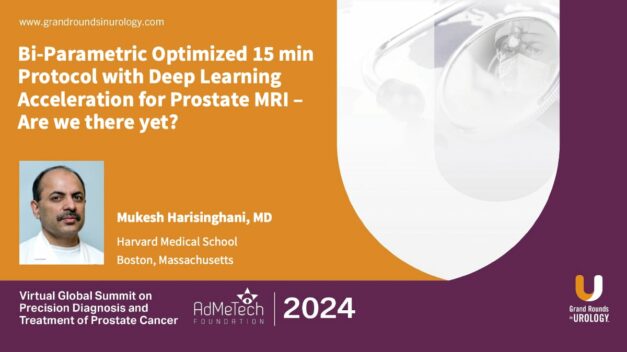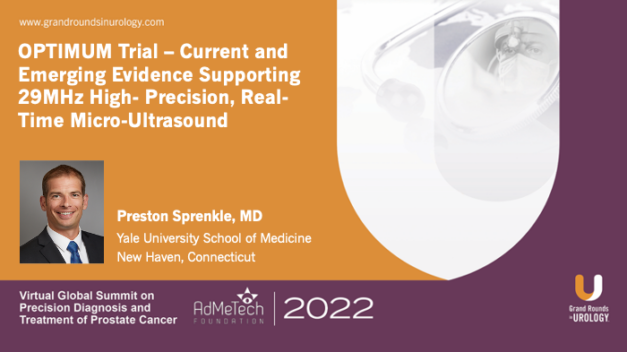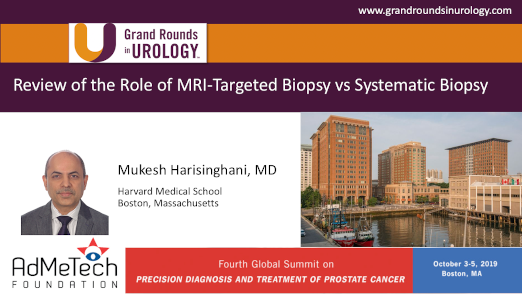Bi Parametric Optimized 15 min Prostate MRI Protocol – Are we there yet?
Mukesh Harisinghani, MD, Harvard University Medical School, presents a compelling talk on achieving an under-15-minute bi-parametric MRI protocol for prostate cancer imaging.
In this 11-minute presentation, Dr. Harisinghani highlights that multiparametric MRI, the standard for detecting clinically significant cancer, requires lengthy protocols. Transitioning to bi-parametric MRI eliminates the need for contrast enhancement, maintaining diagnostic accuracy while significantly reducing scan time.
Harisinghani emphasizes the role of deep learning algorithms in optimizing image quality without compromising timing. He cites studies, including the PRIME study, demonstrating that bi-parametric MRI detects clinically significant cancers.
Read More


